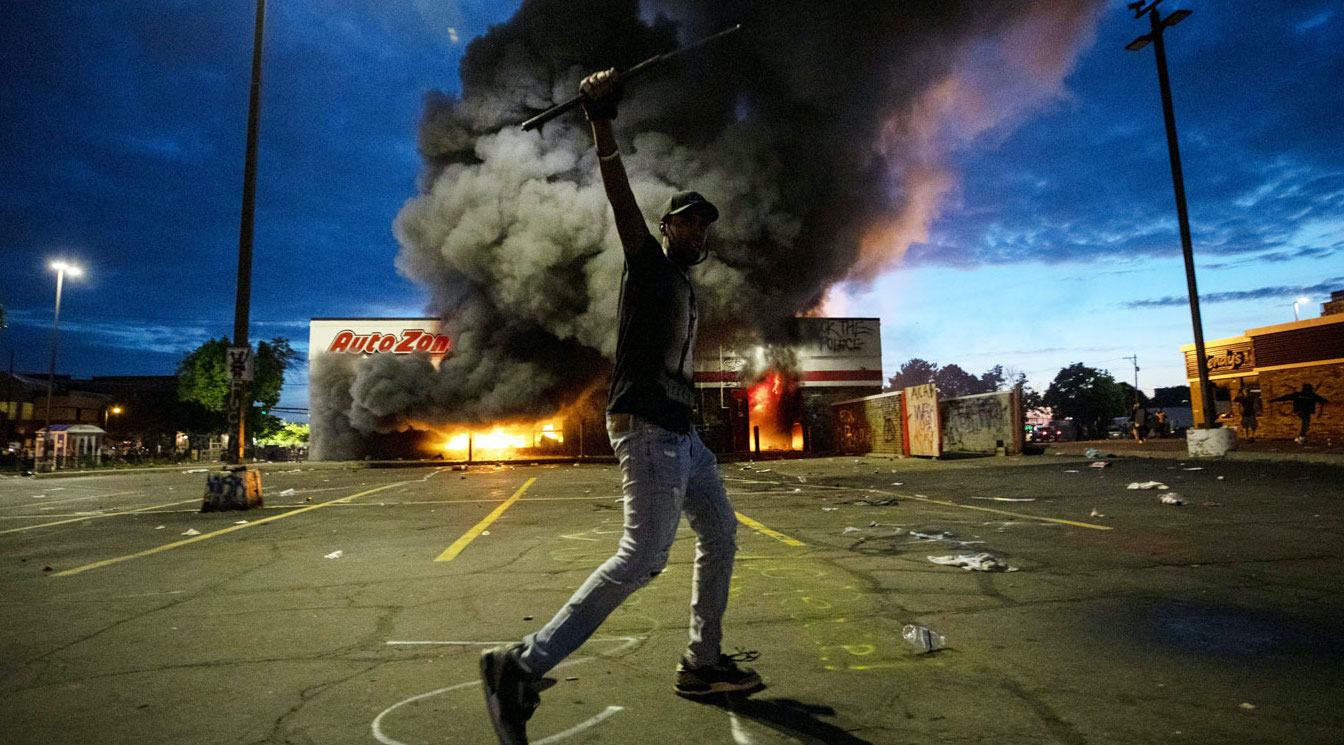Going in to November’s midterms, the American public is deeply concerned about crime. After record-setting increases in homicide in 2020, three in four called crime a “major problem” in the United States, 61% believe it’s getting worse, and 81% expect it be a major issue in the upcoming election.
How crime has changed in Joe Biden’s second year, then, is a hugely important question. Just one small problem: we won’t really have any idea how much crime actually happened in America last year.
That’s not because of any great conspiracy, but because of a change in how thousands of police departments report crime statistics. Though long-planned and seemingly innocuous, the bungled roll-out of a new reporting system will likely leave Americans in the dark about crime for at least a year, and likely several more.
Since 1930, the FBI has collected crime statistics from across the country under its Uniform Crime Reporting system. More than 18,000 agencies report detailed statistics on a variety of indicators, including the all-important counts of offences, through the Summary Reporting System (SRS). If you’ve ever seen an estimate of crime nationwide, it probably comes from the UCR.
In 2016, then FBI Director James Comey announced that starting in 2021, SRS would be mothballed, and the UCR would instead only accept NIBRS (usually pronounced “nye-burrs”) reports, which lets police departments report detailed information about crime incident.
In principle, that’s good for understanding crime. In practice, the roll-out has been a disaster. As of the January deadline, nearly a third of agencies that usually report to the FBI had not yet switched to NIBRS. That includes eight agencies in cities with population of more than a million, including the NYPD, America’s largest police force. When the FBI last released data, California and New Jersey were entirely uncertified to submit NIBRS data, and just 2% of Pennsylvania agencies were in compliance
That means next year’s crime statistics — how many people were assaulted, how many drug arrests there were, etc. — will be based on statistical guesswork, with analysts attempting to impute missing data and offering wide confidence intervals. As crime analyst Jeff Asher put it, this means in effect that in the run up to the midterms, “it’s possible that one candidate will say a type of crime is up, another candidate will say that same crime is down, and neither is inherently wrong.”
How did we get here? Crime data experts and police analysts with whom I spoke indicated that there was not enough time, money, or political will to get the transition done. “Data reporting plays second fiddle to day-to-day operational concerns — but with attrition and ‘defund,’ it’s a tall order to ask for PDs nationwide to get on it,” one big-city department data analyst told me.
Money, in particular, is a challenge. Asher reported in the Atlantic that the FBI has doled out more than $120 million to help departments transition. But that’s just a drop in the bucket: overhauling a midsized department’s record-keeping system can cost upwards of $2 million, one former big city police executive told me.
Most departments will likely make the switch in due time. But until then, Americans will continue in an unprecedented data blackout, unable to know vital facts about one of the most pressing issues of our moment.
Charles Fain Lehman is a fellow at the Manhattan Institute and a Contributing Editor of City Journal.











Join the discussion
Join like minded readers that support our journalism by becoming a paid subscriber
To join the discussion in the comments, become a paid subscriber.
Join like minded readers that support our journalism, read unlimited articles and enjoy other subscriber-only benefits.
Subscribe